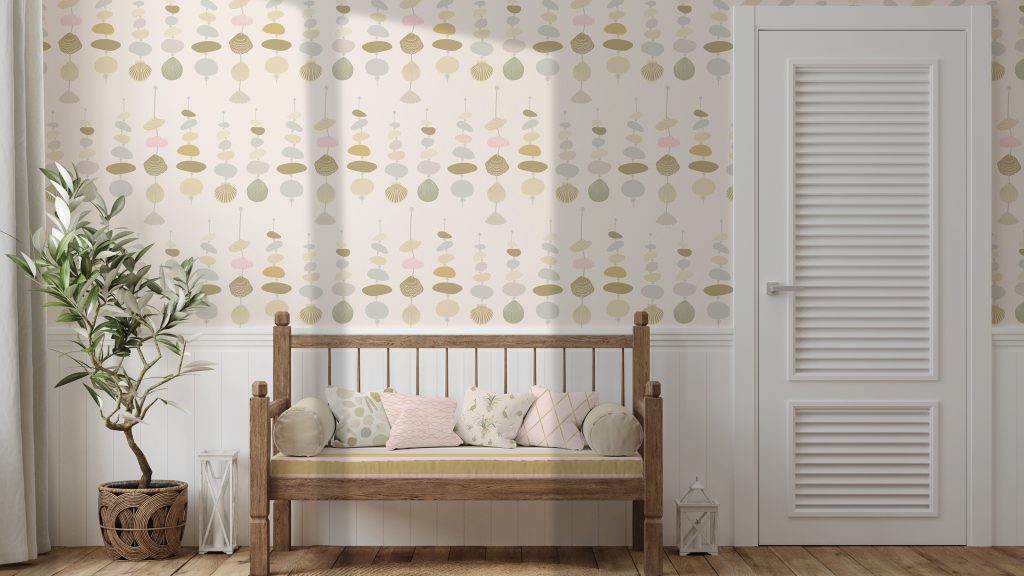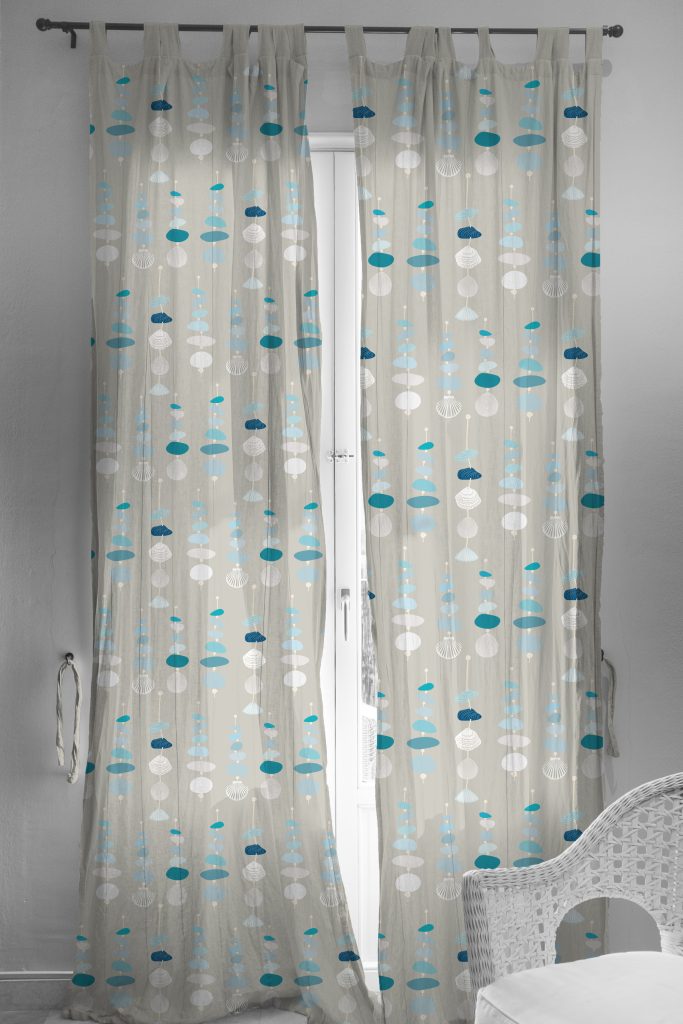Surface Pattern Licensing: A Guide for Manufacturers & Retailers

Surface Pattern Licensing: When it comes to creating standout products, surface pattern design plays a massive role in shaping consumer perception and brand identity. But if you’re a manufacturer or retailer, you don’t always have an in-house design team to develop original patterns.
That’s where surface pattern licensing comes in. It’s a smart, cost-effective way to access exclusive, high-quality designs without having to start from scratch.
In this guide, we’ll break down how surface pattern licensing works, the different licensing models available and how to choose the right patterns for your product line.
What is Surface Pattern Licensing?
Surface pattern licensing is a legal agreement between a designer and a manufacturer or retailer, allowing the brand to use the designer’s work on their products in exchange for a fee.
Instead of commissioning custom artwork, brands can license pre-existing designs that fit their aesthetic, target market and industry needs. This saves time and money, while still ensuring unique, high-quality patterns for their products.
Examples of licensed surface patterns in action:
- A bedding company licensing floral designs for a new duvet collection.
- A stationery brand licensing abstract prints for notebooks and planners.
- A wallpaper manufacturer licensing hand-drawn patterns for a new home décor range.

Why License Instead of Creating Your Own Patterns?
If you’re wondering why brands choose to license patterns rather than create them in-house, here are a few key reasons:
Saves Time & Resources: Developing original patterns takes specialist skills, industry knowledge and hours of work. Licensing allows brands to skip the lengthy design process.
Access to Professional Designers: Licensing gives you access to expert surface pattern designers who understand trends, colour theory and product application.
Faster to Market: In fast-moving industries like fashion and home décor, quick turnaround is crucial. Licensing lets you bring products to market much faster.
Lower Costs & Less Risk: Commissioning custom artwork can be costly and time-consuming. Licensing offers a more budget-friendly and lower-risk alternative.
Types of Surface Pattern Licensing Agreements
Not all licensing agreements are the same. The right option for you depends on your budget, exclusivity needs and product category. Here are the main types:
1. Exclusive Licensing
What it means: You own exclusive rights to the pattern for a specific timeframe or product category.
Best for: High-end brands and manufacturers who want one-of-a-kind patterns that aren’t used by competitors.
Pros:
- Unique to your brand – no one else can use the design
- Strengthens brand identity and market positioning
Cons:
- Typically more expensive than non-exclusive licensing.
2. Non-Exclusive Licensing
What it means: Multiple brands can license the same pattern for different uses.
Best for: Brands looking for cost-effective licensing without the need for exclusivity.
Pros:
- More affordable than exclusive licensing.
- A wider range of patterns to choose from.
Cons:
- The same design could be used by another company in a different industry.
3. Buyout (Full Rights Purchase)
What it means: The designer sells full rights to the pattern, meaning you own it indefinitely.
Best for: Brands that want to completely control a design without any licensing limitations.
Pros:
- No risk of competitors using the same pattern.
- Can be trademarked as part of your brand identity.
Cons:
- Higher upfront costs.
- Designer loses all future rights to the pattern.
4. Royalty-Based Licensing
What it means: Instead of paying a flat fee, you pay royalties based on product sales.
Best for: Brands confident that their products will sell in high volumes.
Pros:
- Lower upfront costs.
- The designer has an incentive to create high-performing designs.
Cons:
- Ongoing financial commitment rather than a one-time fee.
How to Choose the Right Surface Patterns for Your Brand
Before licensing a pattern, consider these key factors to ensure it aligns with your brand’s needs:
- Target Market: Who are your customers?
- What patterns appeal to them?
- Product Compatibility: Will the design work well on your product type (e.g., bedding, wallpaper, ceramics)?
- Trend Relevance: Is the pattern in line with current trends while still feeling timeless?
- Colour & Aesthetic Fit: Does the pattern match your brand’s existing style and colour palette?
- Scalability: Can the pattern be resized or adapted for different product types?
Top Tip: Always request mockups to see how a pattern looks on your specific product before finalising a licensing deal!
Surface Pattern Licensing: Where to License Surface Patterns?
If you’re ready to source surface patterns, here are the best places to start:
- Direct from Designers: Many independent designers (like Seaweed & Spruce) offer licensing options for their original pattern collections.
- Pattern Licensing Marketplaces: Platforms like Patternbank, Spoonflower Pro and Printsource feature a vast selection of patterns.
- Trade Shows & Design Fairs: Events like Surtex and Heimtextil showcase new pattern trends and licensing opportunities.
Looking for exclusive patterns for your next collection? Get in touch to explore licensing options for high-quality, trend-driven designs.
Licensing as a Smart Strategy for Manufacturers & Retailers
Whether you’re a home décor brand, textile manufacturer or stationery retailer, surface pattern licensing is a cost-effective way to bring fresh, on-trend designs to market. By understanding licensing models, choosing the right patterns and working with expert designers, you can create products that stand out, sell well and strengthen your brand identity.
So, if you’re looking to add unique, high-quality patterns to your product line, licensing might just be the game-changer you need!
Want to explore exclusive surface patterns for your next collection?
Trending this month
Featured
Adorable Illustrations Collection
Unlock your creativity with our ready-made illustration packs—perfect for designing your own fabrics and products! With a generous license for Print on Demand use, you can bring your ideas to life and sell with confidence. Shop now and start creating!







